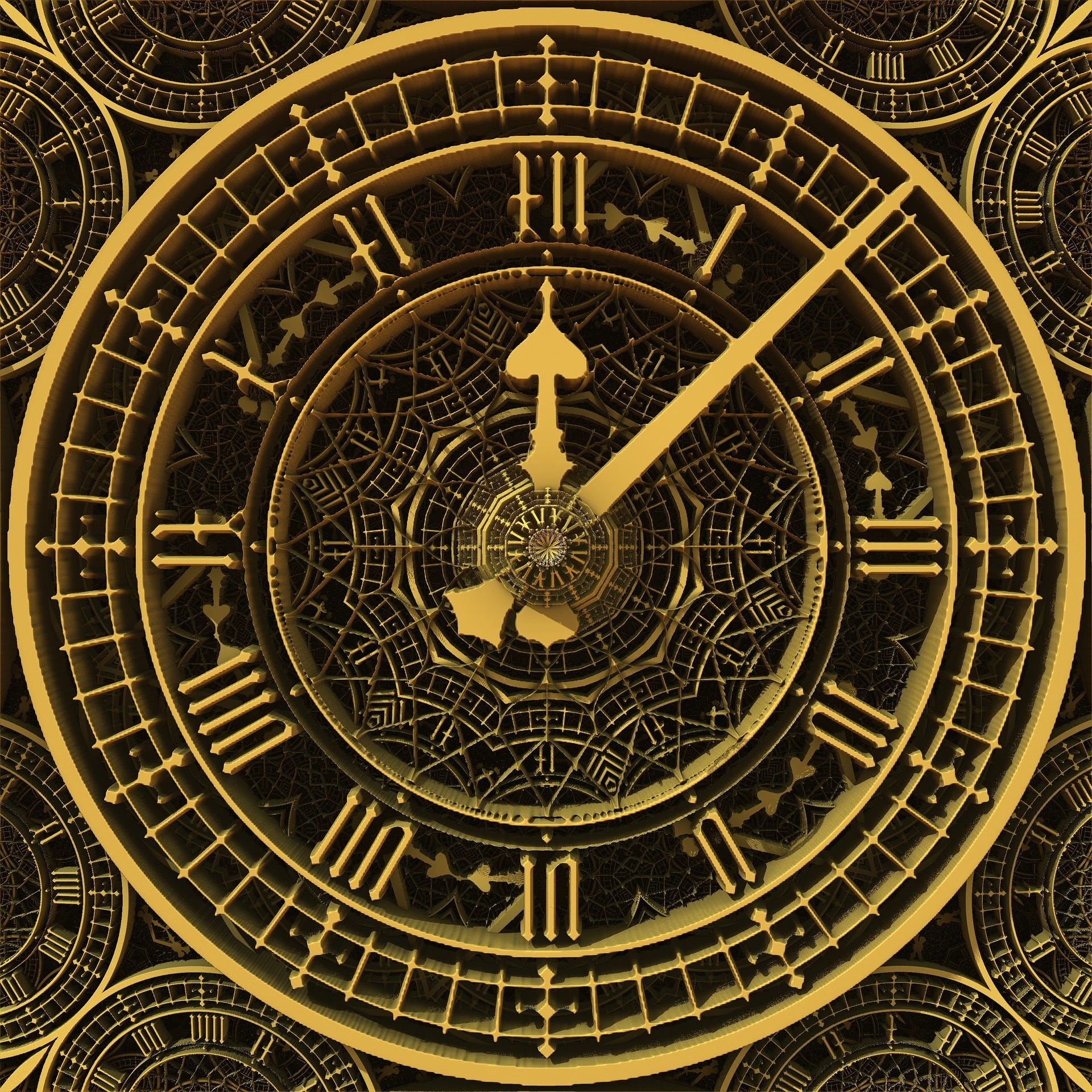Как да конвертирате дати от различни източници на данни в python DateTime.

Времевите клейма са най-важният елемент от данните за специалиста по данни. Времевите отпечатъци осигуряват дълбочина и слоеве на данните. И така, какъв е проблемът? Различни формати! Как да се справя с това?
Сценарият
В един проект събирам записи на данни за събития и транзакции от много различни източници на данни и ги вмъквам в една таблица. Имам нужда от клеймото за време, за да подредя събитията. Всички файлове идват в различни формати. В някои случаи ми се предоставят данни от друга група. Дори не знам какъв може да е източникът на данни. Това създава доста загуба на време за проучване на източника на данни и съответния формат.
Решението
Преди да мога да трансформирам данните, трябва да разпозная в какъв възможен формат е пристигнал. Това изисква малко тестване с нови формати, особено тези, които са персонализирани. Създадох много основен скрипт за форматиране на клеймо за време в python за тези, които използвам най-често.
Работата ми не зависи от часовите зони, така че не се работи в тази област. Планирам да споделя някои функции за часова зона, добавени към Python 3.9 в друга статия.
За моето тестване използвах предстоящия петък 13-ти, за да отпразнувам предстоящите празници Хелоуин.
# import packages
import re
import string
import datetime
import dateutil.parser
import time
# test input
list = [ '1605291193' # epoch
, '1605291193000' # epoch with milliseconds
, '2020-11-13T13:13:13.000Z' # ISO, Oracle, MongoDB
, '2020–11–13–13.13.13.000000' # db2a
, '2020–11–13–13:13:13:000000' # db2b
, 'Fri Nov 13 13:13:13 +0000 2020' # twitter
, 'Fri Nov 13 13:13:13 2020' # SAS
, 'FRI Nov 13 13:13:13 2020' # SAS shouting!
, 'Nov 13, 2020, 01:13:13 PM' # UTC
, '2020-11-13 13:13:13' # 'standard', google big query, pandas
, '2020-11-13 13:13:13.000' # presto
, '11/13/2020' # mm/dd/yyyy American
#, '13/11/2020' # dd/mm/yyyy European
]
# constants
european_flag = 'N'
months = ['jan', 'feb', 'mar', 'apr', 'jun', 'jul', 'aug', 'sep', 'oct', 'nov', 'dec']
days_of_week = ['mon', 'tue', 'wed', 'thu', 'fri', 'sat', 'sun']
centuries = ['20', '19']
db2_time_sep = ['.', ':']
db2_dt_sep = ['-']
standard_dt_sep = [ ' ']
iso_dt_sep = ['T']
validation_date = '2020-11-13 13:13:13'
# processing all timestamps on the test input
for ix in list:
# initialize
possible_ts_type = ' '
has_century = has_year = has_space = has_T = has_month = has_day = 'N'
converted_value = db2_formatted = db2_month = db2_day= db2_minutes = db2_seconds = 'x'
i_num = lenght_i = 0
# parse incoming data
i = ix
century = i[0:2]
year = i[0:4]
time_sep = i[13:14]
time_sep2 = i[16:17]
dt_sep = i[10:11]
first_three = str(i[0:3]).lower()
print()
print('Starting timestamp: ' + str(i))
# does it start with a year?
if century in centuries:
has_century = 'Y'
if re.match('^[0-9]*$', year):
has_year = 'Y'
# is the time separator a : or .?
if dt_sep != ' ':
if dt_sep != 'T':
if time_sep in db2_time_sep:
if has_year == 'Y':
possible_ts_type = 'DB2'
db2_month = i[5:7]
db2_day = i[8:10]
db2_hour = i[11:13]
db2_minutes = i[14:16]
db2_seconds = i[17:19]
db2_formatted = str(year) + '-' + \
str(db2_month) + '-' + \
str(db2_day) + ' ' + \
str(db2_hour) + '.' + \
str(db2_minutes) + '.' + \
str(db2_seconds)
converted_value = datetime.datetime.strptime(db2_formatted, '%Y-%m-%d %H.%M.%S')
# does it contain a T?
if dt_sep in iso_dt_sep:
possible_ts_type = 'ISO'
has_T = 'Y'
converted_value = datetime.datetime.strptime(i, "%Y-%m-%dT%H:%M:%S.%fZ")
# is the entire string numberic?
if re.match('^[0-9]*$', i):
possible_ts_type = 'epoch'
i_num = int(i)
length_i = len(i)
if length_i > 10:
i_num = int(i_num/1000)
converted_value_temp = datetime.datetime.fromtimestamp(i_num).strftime('%c')
converted_value = dateutil.parser.parse(converted_value_temp)
# does it start with a month?
if first_three in months:
possible_ts_type = 'UTC'
converted_value = dateutil.parser.parse(i)
# does it start with a day of the week?
if first_three in days_of_week :
if i[20:21] == '+' :
possible_ts_type = 'twitter'
converted_value = datetime.datetime.strftime(datetime.datetime.strptime(i,'%a %b %d %H:%M:%S +0000 %Y'), '%Y-%m-%d %H:%M:%S')
else:
possible_ts_type = 'SAS'
converted_value = dateutil.parser.parse(i)
has_day = 'Y'
# is the separator a space?
if i[10:11] == ' ' :
has_space = 'Y'
if len(i) == 19:
if has_space == 'Y':
if time_sep == ':':
possible_ts_type = 'standard'
converted_value = datetime.datetime.strptime(i, '%Y-%m-%d %H:%M:%S')
if len(i) == 23:
if has_space == 'Y':
if time_sep == ':':
possible_ts_type = 'presto'
converted_value = datetime.datetime.strptime(i, '%Y-%m-%d %H:%M:%S.%f')
if '/' in i:
if european_flag == 'Y':
possible_ts_type = 'european d/m/Y'
converted_value = datetime.datetime.strptime(i, "%d/%m/%Y")
else:
if european_flag == 'N':
possible_ts_type = 'american m/d/Y'
converted_value = datetime.datetime.strptime(i, "%m/%d/%Y")
# Evaluate the results
print('Possible Timestamp Type: ' + possible_ts_type)
print('Converted Timestamp: ' + str(converted_value))
if str(converted_value) == validation_date:
print('Successful Conversion!')
else:
print('Not a complete match')
Резултатът:
Starting timestamp: 1605291193 Possible Timestamp Type: epoch Converted Timestamp: 2020-11-13 13:13:13 Successful Conversion! Starting timestamp: 1605291193000 Possible Timestamp Type: epoch Converted Timestamp: 2020-11-13 13:13:13 Successful Conversion! Starting timestamp: 2020-11-13T13:13:13.000Z Possible Timestamp Type: ISO Converted Timestamp: 2020-11-13 13:13:13 Successful Conversion! Starting timestamp: 2020–11–13–13.13.13.000000 Possible Timestamp Type: DB2 Converted Timestamp: 2020-11-13 13:13:13 Successful Conversion! Starting timestamp: 2020–11–13–13:13:13:000000 Possible Timestamp Type: DB2 Converted Timestamp: 2020-11-13 13:13:13 Successful Conversion! Starting timestamp: Fri Nov 13 13:13:13 +0000 2020 Possible Timestamp Type: twitter Converted Timestamp: 2020-11-13 13:13:13 Successful Conversion! Starting timestamp: Fri Nov 13 13:13:13 2020 Possible Timestamp Type: SAS Converted Timestamp: 2020-11-13 13:13:13 Successful Conversion! Starting timestamp: FRI Nov 13 13:13:13 2020 Possible Timestamp Type: SAS Converted Timestamp: 2020-11-13 13:13:13 Successful Conversion! Starting timestamp: Nov 13, 2020, 01:13:13 PM Possible Timestamp Type: UTC Converted Timestamp: 2020-11-13 13:13:13 Successful Conversion! Starting timestamp: 2020-11-13 13:13:13 Possible Timestamp Type: standard Converted Timestamp: 2020-11-13 13:13:13 Successful Conversion! Starting timestamp: 2020-11-13 13:13:13.000 Possible Timestamp Type: presto Converted Timestamp: 2020-11-13 13:13:13 Successful Conversion! Starting timestamp: 11/13/2020 Possible Timestamp Type: american m/d/Y Converted Timestamp: 2020-11-13 00:00:00 Not a complete match
Чувствайте се свободни да използвате всеки от този скрипт, който работи за вас. Перфектен ли е? Не. Това ли е най-добрият сценарий? Вероятно не. Ако имате друго решение, моля, споделете го в коментарите. Колкото повече опции имаме, толкова по-добре сме всички.